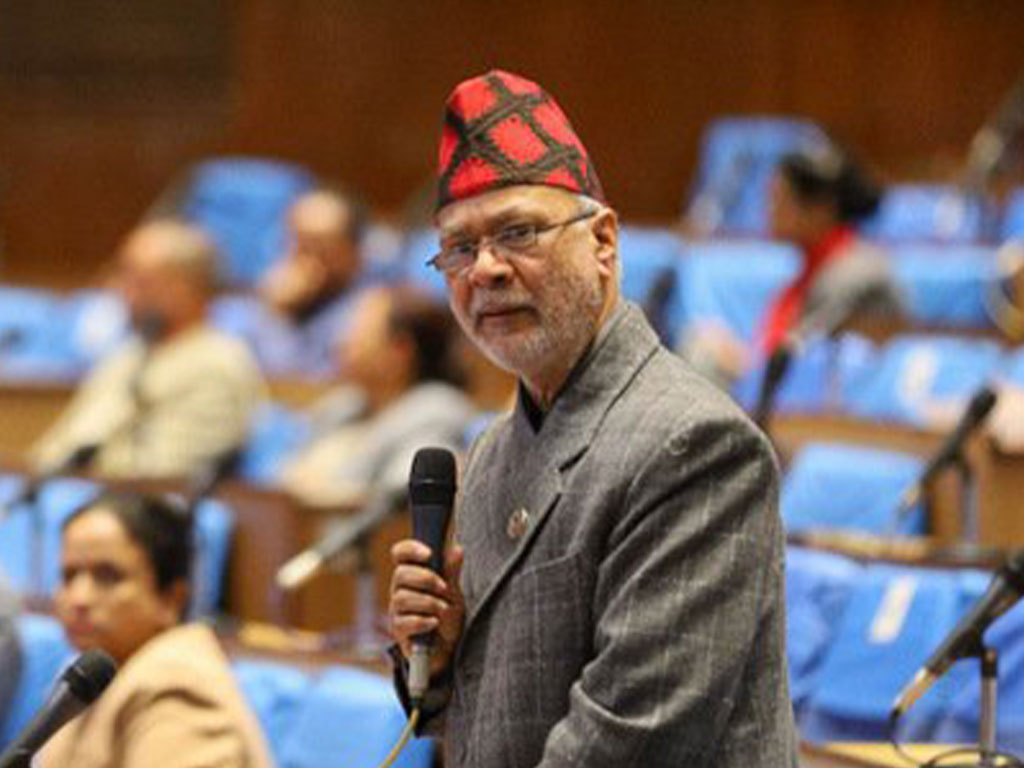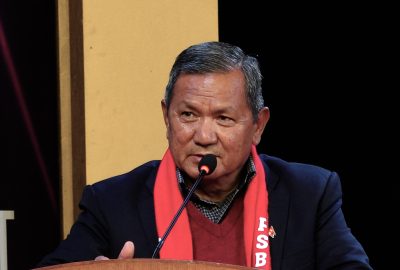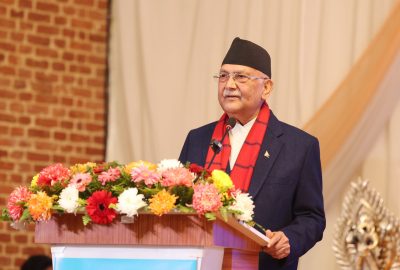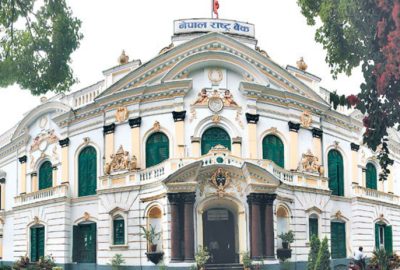Entry of Indian security force into Nepali territory creates distrust on Nepali security mechanism: Leader Panta

Kathmandu: CPN (UML)’s lawmaker Raghuji Panta has said that the entry of Indian security force into the Nepal territory in its bid to search for one Amritpal Singh has created distrust on the Nepali security mechanism.
He also expressed his concerns about the incident. “The laws of Nepal do not allow any foreign security force to enter the country and launch a search. Nepal is a sovereign country, and it does enjoy its right to self-determination,” he said while attending today’s meeting of the House of Representatives.
Claiming that the open Nepal-India border is turning into a hub for criminal activities, he drew the attention of the government to control it and stop foreign interference.
Arresting the attention of the government to the people of Bardiya district feeling insecurity due to the incidents of tiger attack, Nepali Congress leader Sanjaya Kumar Gautam demanded security to local people and the formulation of a clear policy in the conservation of tigers.
“Tiger attacks have not stopped in Bardiya district. Over 450 people have lost their lives to tiger attacks since the conservation of wildlife started,” he said.
On the issue surrounding Rastriya Swatantra Party’s lawmaker Dhaka Kumar Shrestha, its leader Santosh Pariyar said the party had launched an investigation into the matter.
Similarly, NC’s Dhanraj Gurung demanded an investigation into the disputed telephonic conversation belonging to Shrestha by forming a parliamentary committee.
He also demanded investigations and action against those involved in human trafficking wherein Nepali people have been sent to the United States of America by making them fake Bhutanese refugees.
Similarly, NC’s Arjun Narsingh KC demanded the start of Tokha-Chhahare tunnel way immediately while its leader Udaya Shumsher JBR called for the completion of the Kanti Highway soon.
Rastriya Janamorcha’s Chitra Bahadur KC said the party has not accepted the common minimum programme brought by the incumbent alliance. “The party has been always at odds with the federalism and on the issues of citizenships and transactional justice, something included in the common minimum programme. We have not accepted federalism,” he said.
Popular posts
- To ensure accurate information to citizens is PSBN responsibility: Minister Gurung
- Good governance, peace are Nepalis’ desires: President Paudel
- PM Oli’s message on 10th National Yoga Day- ‘Let us follow way shown by ancestors’
- Karnali’s ginger reaches international market
- NRB study shows area under crops declines in Koshi province



